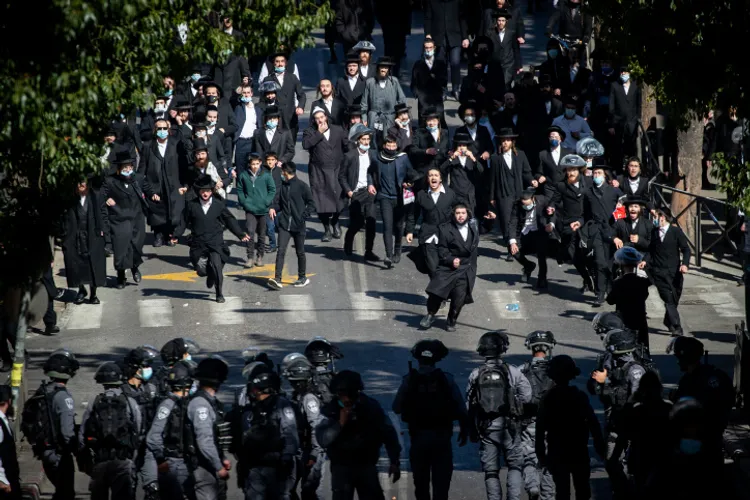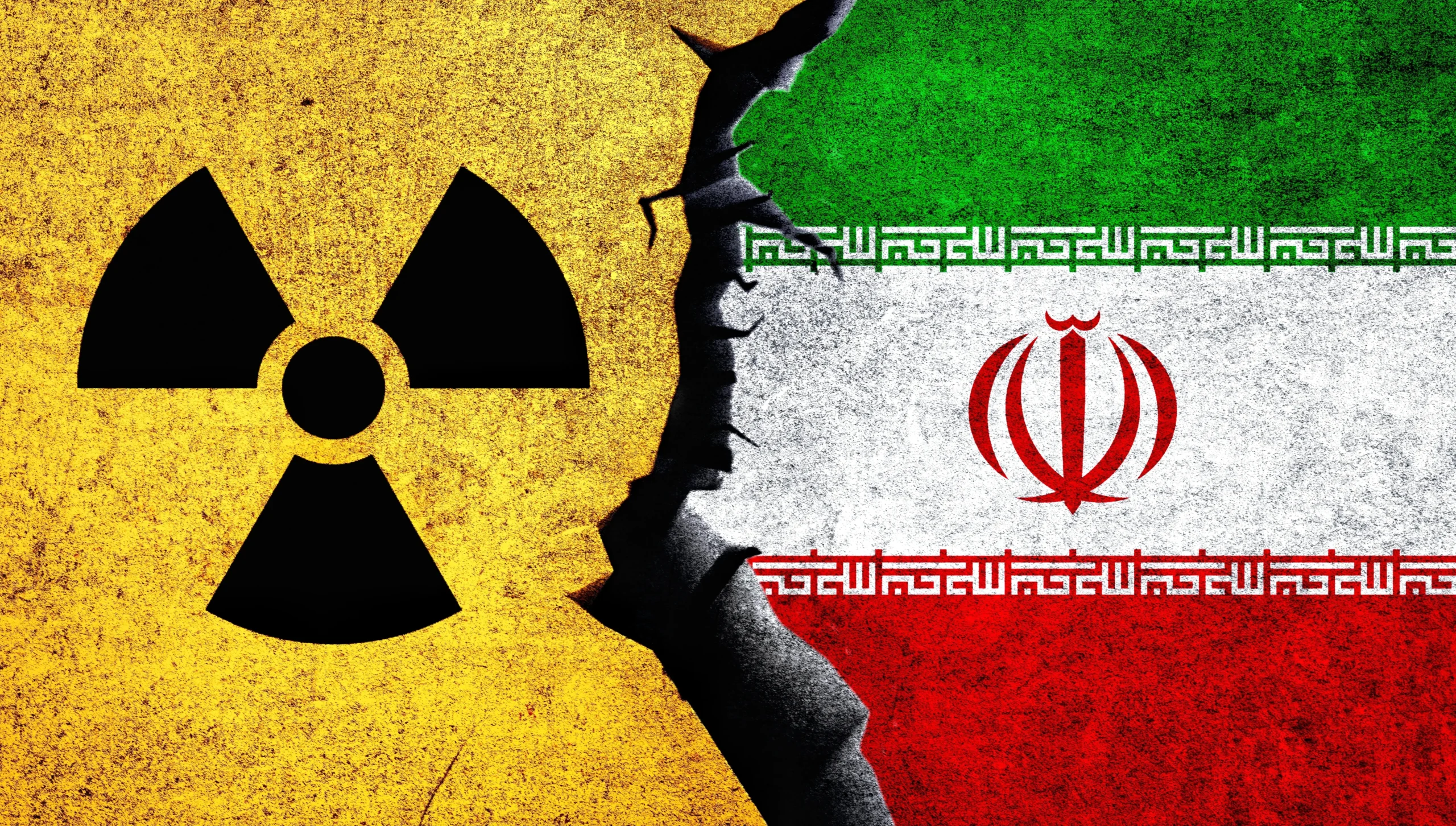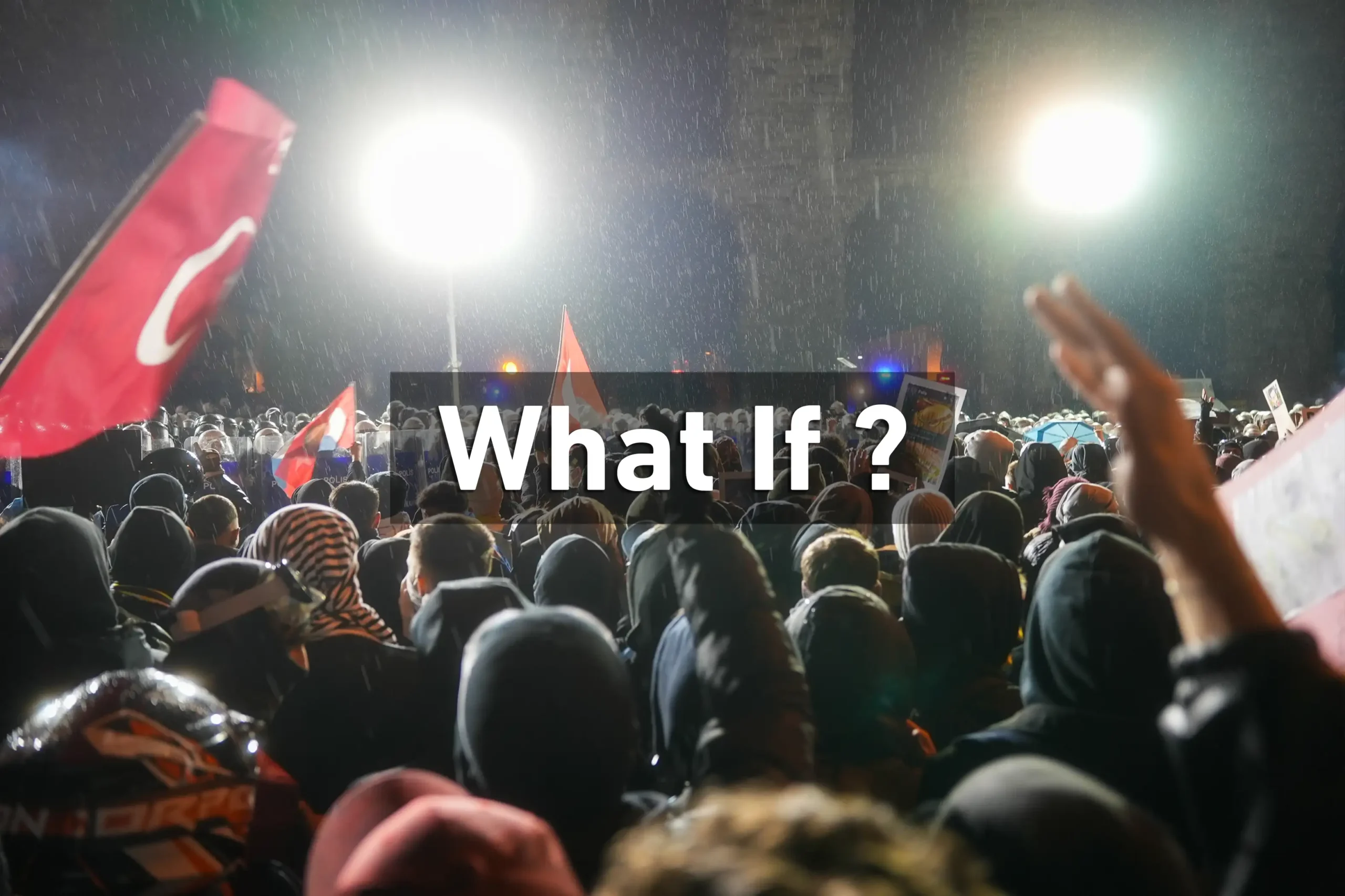The Israeli military has reportedly launched a recruitment campaign offering asylum seekers residency in exchange for their service in the Israeli Defence Forces (IDF). The Israeli government already struggling with a shortage in manpower needed for its war on multiple fronts including in Gaza and Lebanon. While this policy is not totally pioneered by Israelis, it faces serious legal and humanitarian repercussions. Additionally, it adds a layer of uncertainty to the fate of refugees and asylum seekers in Europe who might face the same fate as asylum seekers in Israel given the ongoing Russia-Ukraine War and problems with conscription.
From Securitisation to Weaponisation
Ironically, in a state founded by refugees, Israel has always considered migration as a problem that has long divided Israeli society. Over years, number of refugees inside the Israeli society has decreased. For instance, in 2012, 48,490 refugees resided in Israel while in 2023, the number dropped to only 1,235. In the same year, 6,618 asylum applications by refugees were received in Israel — according to UNHCR. A total of 2,972 decisions have been made on initial applications. Only around 1% of asylum applicants have been accepted. Data reveals the gap between the number of asylum seekers and those who were granted the refugee status.
The political situation in the country has been feeding into a general trend of rejection against refugees among political leaders. For instance, resurgence of debates over the topic came as Israel was torn over Prime Minister Benjamin Netanyahu’s judicial overhaul plan. Supporters back then used to cite the migrant issue as a reason why the courts should be reined in, saying they have stood in the way of pushing the migrants out. Just one month before the eruption of the Israel-Hamas War, violence erupted in Tel Aviv a day after protests by a group of Eritreans in south which left dozens of people injured. During these times, the political narrative was all about securitising the existence of refugees inside the Israeli society. Netanyahu for example announced that he wants all Eritrean migrants involved in violence to be deported, additionally, he has ordered the removal of all African migrants from the country. He requested that a plan “for the removal of all the other illegal infiltrators,” and added that the Supreme Court struck down some measures meant to coerce the migrants to leave the country.
The country has tried several tactics to forcibly deport refugees and asylum seekers out, tactics included sending them to remote prisons, holding parts of their wages to pressure them to leave the country, or offering them cash payments as an incentive to leave. In a UK-Rwanda fashion, the government was even planning to send 1000 asylum seekers to Cyprus. Although illegal according to the principle of non-refoulment enshrined in the 1951 Convention on which Israel is a signatory, Israel has supposedly reached agreements with two countries – widely believed to be Uganda and Rwanda. Procedures for deportation to third countries included giving refugees money and a ticket for either their country of origin or an unnamed third state. Anyone who refuses faces indefinite detention. Upon arrival to the third state, deportees find out that the Israeli promise of residence papers in the third country was not true. They therefore find themselves in a status of irregularity, which leaves them at risk of forcible expulsion to their country of origin. Many of those deported have little to no choice but to continue their journey through North Africa and attempt dangerous routes of the Mediterranean to Europe.
Securitization policies are apparently being shifted to policies of weaponization. Israel is now fighting on multiple fronts, mainly in Gaza and Lebanon, and with a struggle in keeping the needed supply in manpower, the Israeli government seems to be in search for a solution. In recent months, recruiting ultraorthodox Jews came up as a solution, however, with its huge political and societal costs, it does not look like an efficient solution. In this regard, refugees are being used as weapons. In return for not being deported, refugees will be given the choice between serving in the IDF with the incentive being permanent residency or deportation. While the illegality of this is not negotiable, given the principle of non-refoulment as mentioned beforehand, asylum in this case would be flawed. Asylum is then not granted based on merit but it is becoming a deal between asylum seekers and the Israeli government. If they are going to be granted refugee status because they served in the IDF this means one of two things; they are either given the status just for serving the IDF and not because they deserve it or that they will be granted asylum in case of eligibility regardless. The first one means that the decision is illegal while the second one means that it is useless.
Not a Pioneered Policy
Israeli policies to recruit refugees into the military are essentially borrowed from other nations. Before Israel, other governments have tried to recruit asylum seekers and refugees among their armies or as mercenary groups to serve in their ongoing wars fought on territories beyond theirs. During the Syrian Civil War, Iran leveraged Afghan asylum seekers to advance its interests on Syrian soil. Afghan exiles who evaded forced conscription in Iran revealed that the Iranian government lured them into ‘volunteering’ in the conflict by offering permanent residency, citizenship, and monthly wages ranging from $300 to $400. However, this was far from a voluntary decision. Those who declined to fight faced the threat of deportation back to Afghanistan, where they risked long prison sentences or even execution.
For a time, the Syrian Civil War became a testing ground for various nations applying the same policy. For instance, Turkey established rebel militias in Syria, notably the Free Syrian Army, which initially formed the backbone of the Syrian rebel movement and grew into the largest opposition force against the regime. Later, Turkey expanded its strategy by recruiting thousands of militia members and deploying them to conflicts in Azerbaijan, Libya, and, reportedly in Niger. Human rights organizations reported that in 2020, Turkey sent around 20,000 Syrian mercenaries to fight in Azerbaijan and Libya through Sadat, a Turkish company that describes itself as a private military consultancy. These mercenaries operate as a parallel force to the official Turkish military which lead many commentators to compare them to Russia’s Wagner Group. Syrians have also been involved in Russian military operations. In 2022, reports indicated that Russia deployed 500 Syrian fighters to battlefields in Ukraine, most of whom were regular Syrian soldiers “volunteered” by the Assad regime to support Putin’s efforts. Syrian media attempted to stir enthusiasm, rally grassroots backing, and motivate university protesters to support Russia. To reinforce this commitment, a contract from the Military Intelligence Division 217 was offered to volunteers, promising $3,000 for fighters, $7,000 for those wounded, food rations for the volunteers’ families, and a $15,000 insurance payout in case of death.
Despite these efforts, the success of this strategy remains uncertain. For example, Russia’s attempt to flood Ukraine with foreign fighters has largely failed. U.S. Marine Corps General McKenzie confirmed that there has been no significant influx of Syrian fighters, and those who did volunteer have not achieved the expected impact. Their military skills are generally poor, and their primary motivation appears to be financial. A similar pattern can be seen in Israel, where Eritrean and Somali refugees, in particular, often lack the physical capabilities required to serve in the IDF. Additionally, mercenaries tend to lack loyalty and are not typically driven by a deep commitment to victory but by the pursuit of money, making it unlikely they would risk their lives for a cause. If they have already fled their home countries seeking a better life, it’s doubtful they would willingly sacrifice everything in combat.
Beyond Tel Aviv
What does this mean for refugees and asylum seekers all over the world and in Europe in specific? The European Union is facing a peak in the number of asylum seekers reminiscent of the 2015 crisis. With the Russia-Ukraine War raging, Brussels needs to strengthen its military capabilities and with a huge cost associated with sending military troops to Ukraine, asylum seekers would turn from a burden into a blessing.
The Russia-Ukraine War has alarmed European leaders that their armed forces are not ready for war. Acknowledging this reality, they are working toward increasing their defence budgets, purchasing new weapons, and increasing defence industrial production capacity. But the battlefield in Ukraine is also showing European leaders that they can no longer ignore their long-standing shortage in manpower. While the majority of European militaries suspended mandatory conscription after the Cold War, others kept it, with several countries reinstating conscription in recent years in response to the changing surroundings. Lately, however, Western European capitals, including Berlin and London, have publicly considered a return to mandatory military service, with German Chancellor Olaf Scholz’s plan for paradigm shift in military defence, including the expansion of the German armed forces to 203,000 troops by 2031. Despite efforts to increase the number of troops, the German armed forces decreased to around 181,500 troops in 2023, down from 183,050 in 2022. This decrease in manpower is a consequence of most European military leaders operating under the assumptions that, first, a war would not take place in Europe, and second, that it would rely more on technology than on manpower.
Nevertheless, while recognizing new realities, mandatory recruitment would not be an easy task for European militaries. Conscription comes with a cost to a country’s armed forces, the conscripts, and the labour market. Conscription is a bureaucratic burden to the military, which must ensure there are enough people, enough instructors, and sufficient accommodation. There are also other costs including for example that conscripts are prevented from pursuing their professional education. In this case, following the Israeli fashion, asylum seekers might then be a resort for European militaries struggling with the shortage in manpower. However, this would raise human rights and legal concerns.
In conclusion, it is not yet proven whether recruiting asylum seekers to national militaries would be an efficient strategy. What is proven is that further implications on the Israeli, European, and even international arenas would occur. Finally, as long as safe routes and legal protections are not provided for asylum seekers and refugees, states’ abilities to exploit those aiming to find a safe refuge will continue to be emboldened.
References
Bank, World. “Refugee Population by Country or Territory of Asylum – Israel.” World Bank Open Data, 2024. https://data.worldbank.org/indicator/SM.POP.REFG?locations=IL
Bar’el, Zvi. “From Russia to Libya: Israel Has Adopted the Appalling Practice of Drafting Asylum Seekers.” Haaretz.com, September 16, 2024. https://www.haaretz.com/israel-news/2024-09-16/ty-article/.premium/from-russia-to-libya-israel-has-adopted-the-appalling-practice-of-drafting-asylum-seekers/00000191-fa8e-df2d-a795-ff8e8dd20000
Bossel, Pierre. “Syrian Mercenaries in Ukraine: Delusion or Reality? – Carnegie Endowment for International Peace | Carnegie Endowment for International Peace.” Carnegie endowment, 2022. https://carnegieendowment.org/sada/2022/06/syrian-mercenaries-in-ukraine-delusion-or-reality?lang=en
Bourcier, Nicolas, Frédéric Bobin, and Morgane Le Cam. “Sadat, the ‘Turkish Wagner’ Whose Shadow Hangs over West Africa.” Le Monde.fr, June 7, 2024. https://www.lemonde.fr/en/le-monde-africa/article/2024/06/07/sadat-the-turkish-wagner-whose-shadow-hangs-over-west-africa_6674134_124.html
Goldenberg, Tia. “Netanyahu Orders Plan to Remove African Migrants after Eritrean Groups Clash in Israel.” PBS, September 4, 2023. https://www.pbs.org/newshour/world/netanyahu-orders-plan-to-remove-african-migrants-after-eritrean-groups-clash-in-israel
JONAH, Anaelle. “Israeli Military Recruits African Asylum-Seekers for War in Gaza.” France 24, September 16, 2024. https://www.france24.com/en/middle-east/20240916-israel-military-recruits-african-asylum-seekers-for-gaza-strip-war-hamas-sudan-eritrea






















Comments